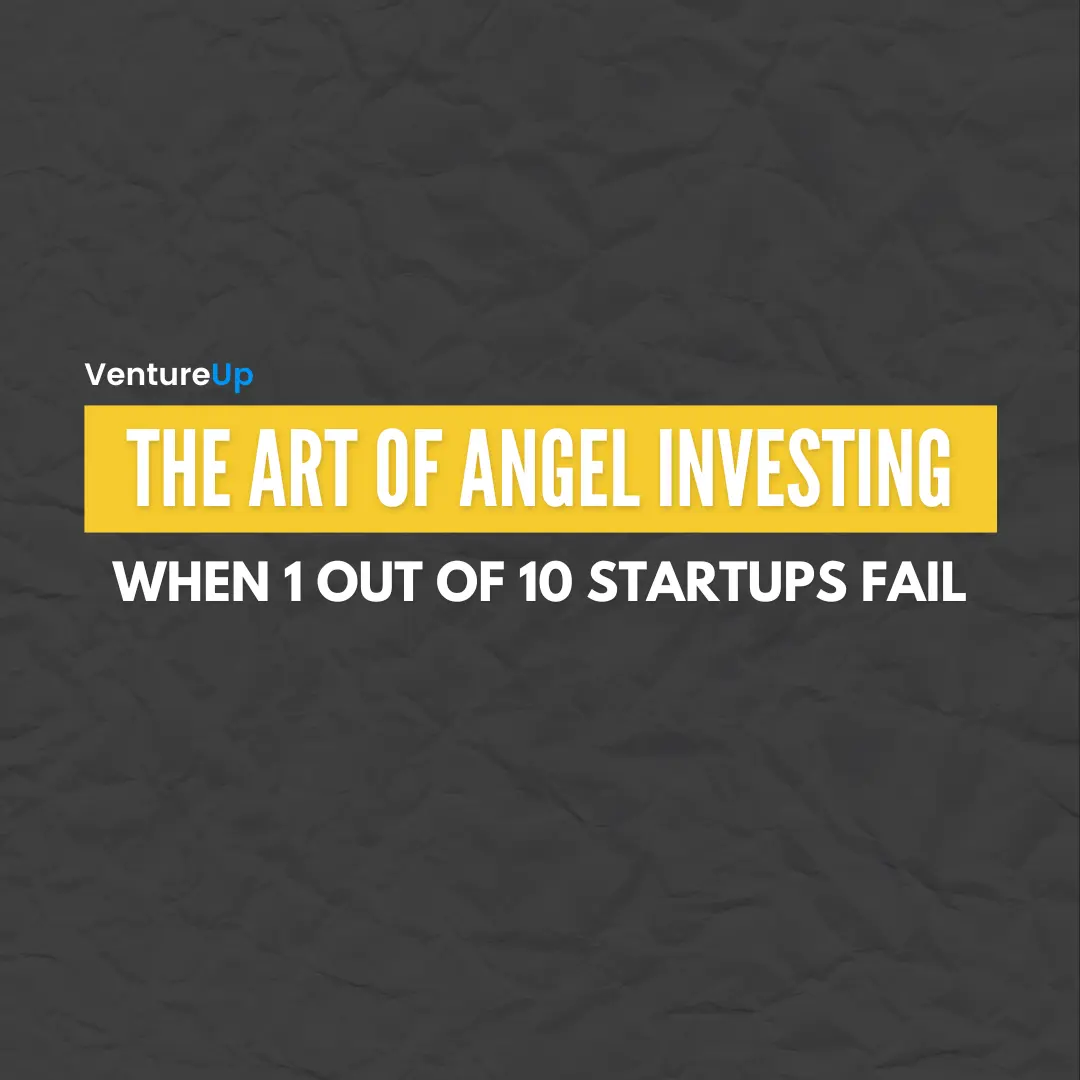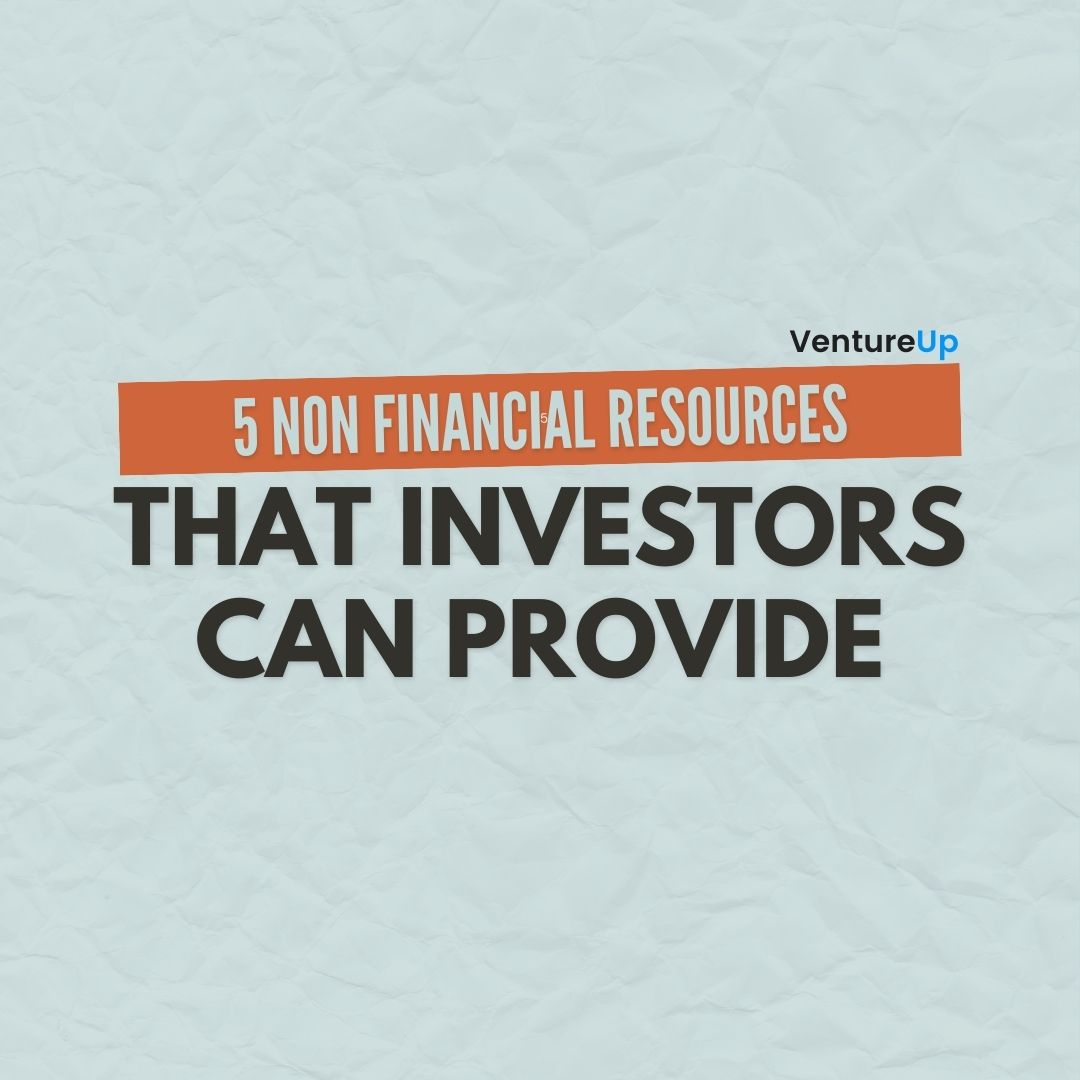The startup culture has expanded beyond the traditional business environment and has become a hotbed for investment opportunities. Startups are now gradually making their way towards success, and investors who take the leap of faith to invest in innovative ideas are reaping the rewards. In this article, we will explore how startup investments work and the various risks and rewards involved in this type of investing.
How Do Startup Investments Work?
In a startup investment, investors invest capital in exchange for partial ownership and rights to future profits. If the startup idea becomes a success, the investor earns returns proportionate to the amount invested. However, if the business fails, the investor loses the invested money.
Advantages of Investing in Startups
- Diversified Portfolio: Investing in startups is an excellent way of diversifying an investment portfolio by including high-risk assets that are subject to higher rewards. Research shows that investors who earned profits through startup investments tend to distribute their capital among multiple startups, increasing the chances of getting higher returns.
- Networking Opportunities: Through startup investments, investors have the opportunity to network with various stakeholders, obtain different perspectives, and pave the way for future investment opportunities.
- Greater Returns: Investing in startups can be highly rewarding. Compared to other forms of investment, an early investment in a startup can be most rewarding, as the returns may exceed the amount invested by a large margin.
- Creating Employment Opportunities: Investing in a startup, especially during the early stages, helps create employment opportunities and uplift the economy.
Risks of Investing in Startups
- Fraudulent Practices: Investing in unverified startups can be dangerous. It is crucial to research the founders and their backgrounds, study the business plan, and do due diligence before investing. Investors must stay up-to-date with the startup's progress and keep an eye out for potential malpractices.
- Sudden Complications: One of the biggest risks of investing in a startup is unexpected complications that may arise. Investors must have a backup plan to avoid complete loss.
- Liquidity: Startup investments are long-term, and investors cannot withdraw their investment or sell their assets as per their convenience.
- No Guarantee on ROI: Many startups tend to fail within a few years of their inception, which means that the return on investment (ROI) is not guaranteed.
In Conclusion
Investing in a startup is a high-risk, higher-reward phenomenon that depends on various factors. Investors can do their due diligence and stay up-to-date on every minute detail to ensure their money is safe. While one cannot predict a startup's success, investing in startups is an excellent way of diversifying investment portfolios, creating employment opportunities, and obtaining higher returns. Investors must be aware of the risks involved in startup investments and be prepared for any unexpected complications.



